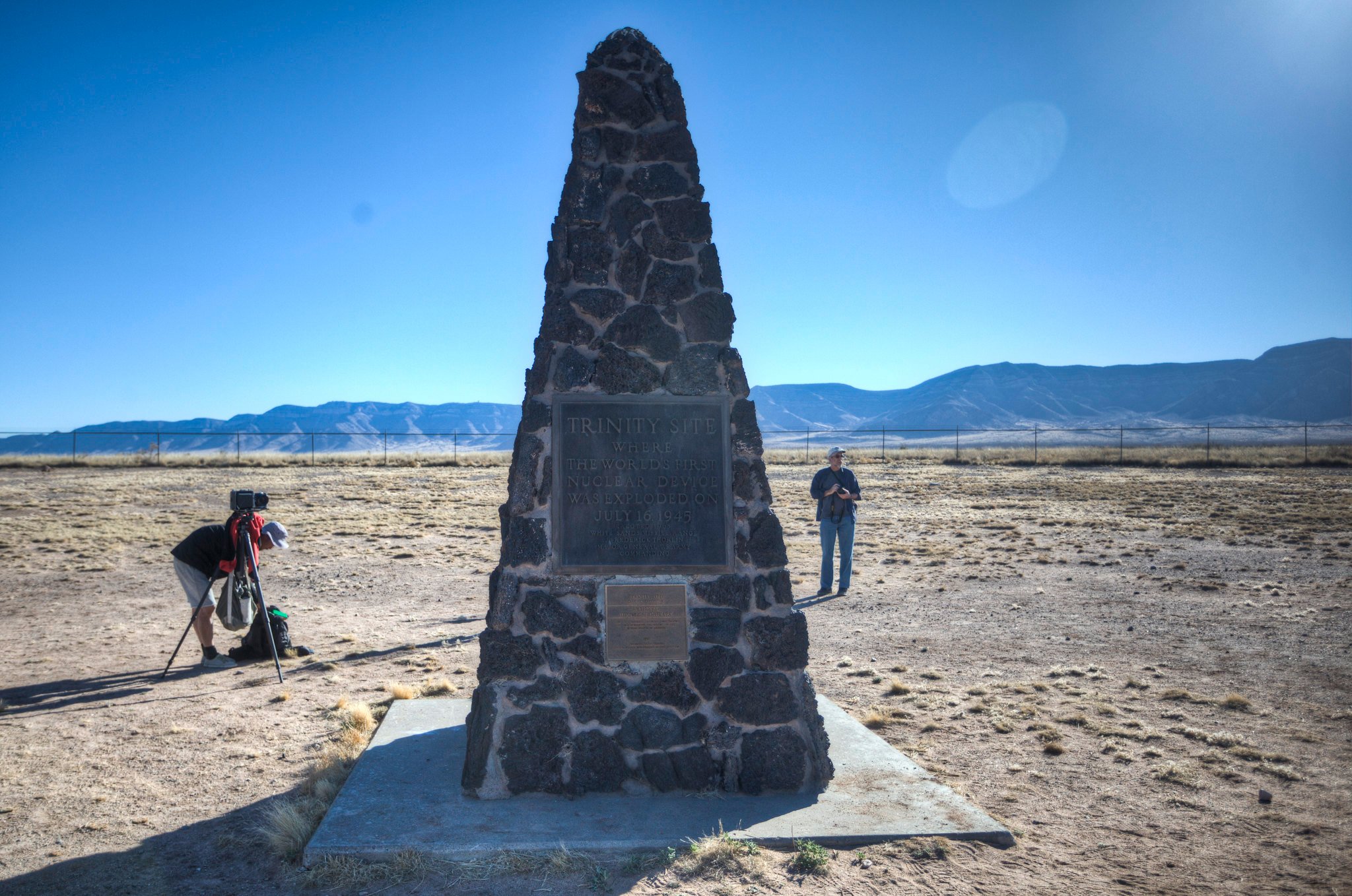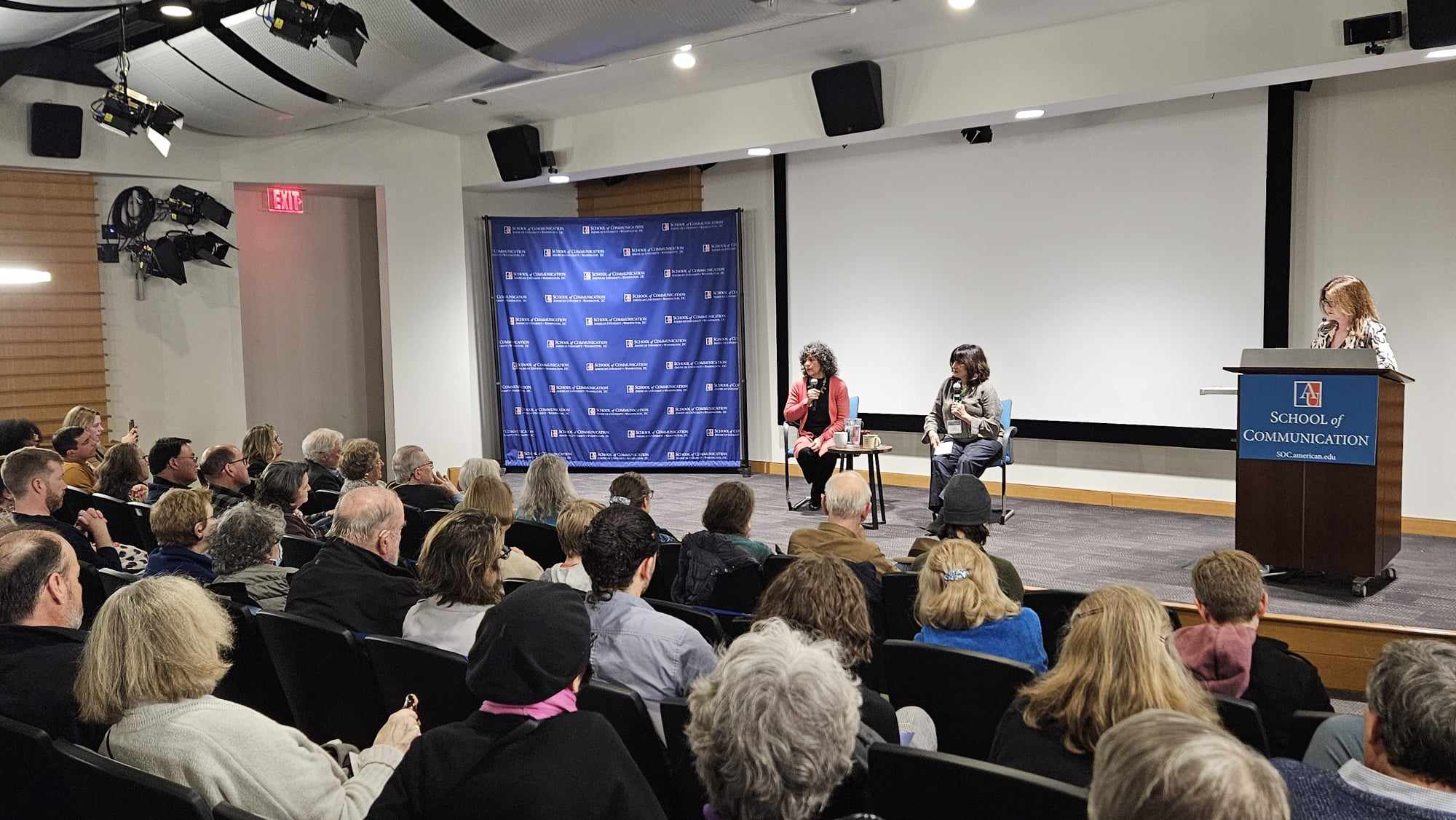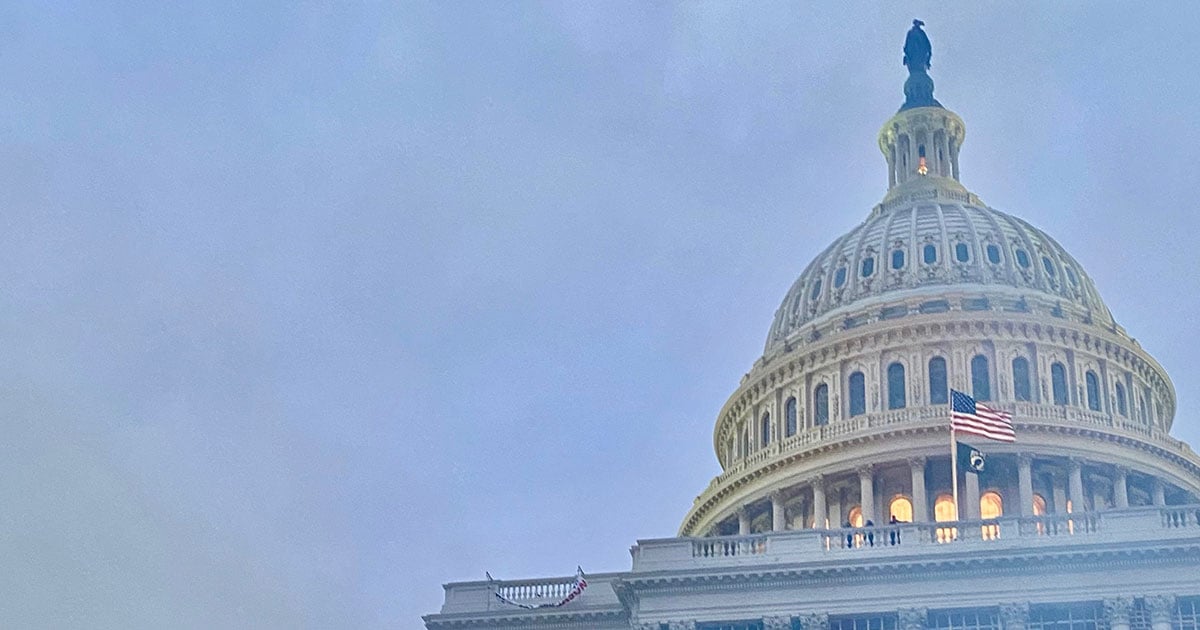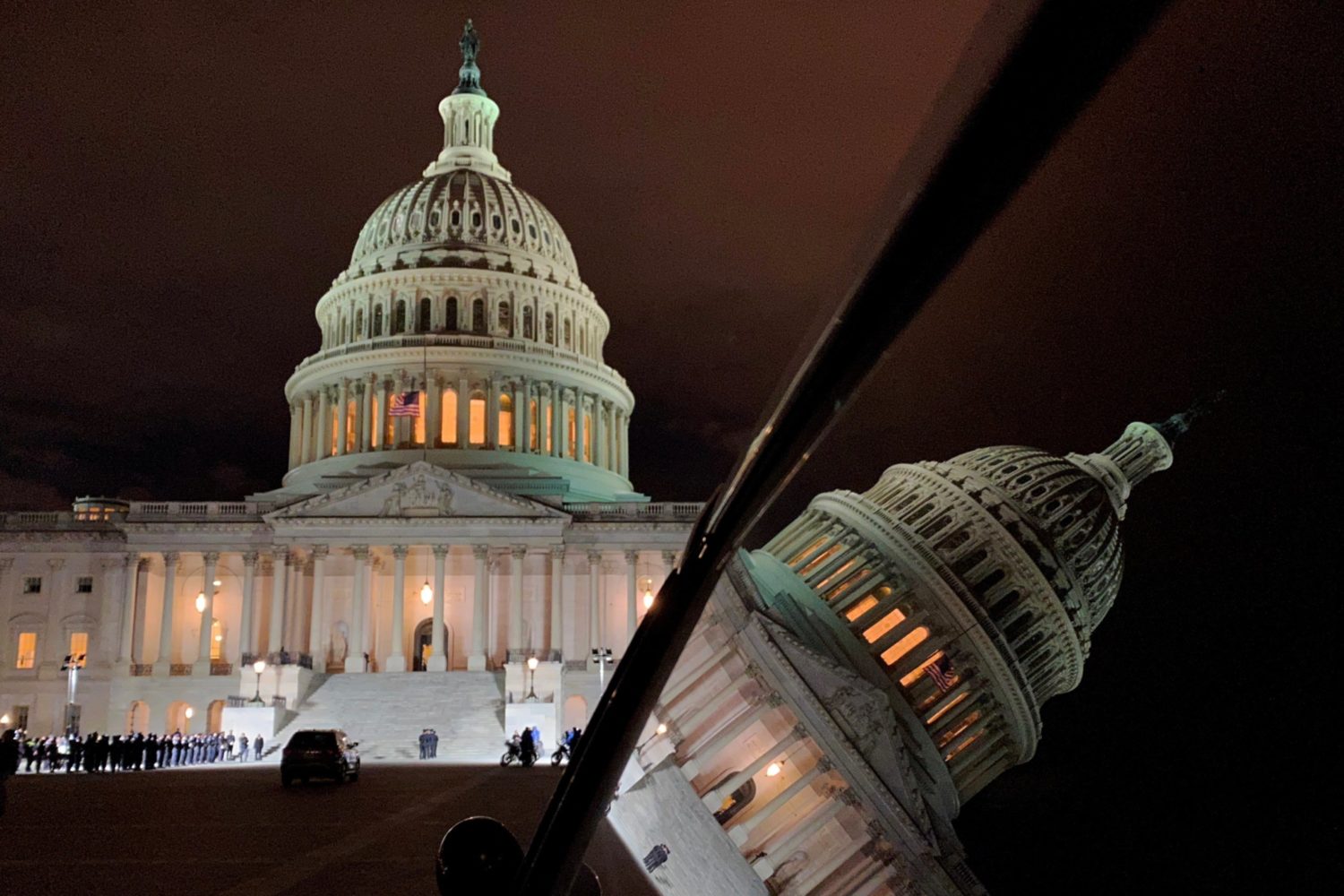Seventh-generation New Mexican Tina Cordova has battled for years to get Congress to reckon with the damage that J. Robert Oppenheimer wrought upon her home. Now, the clock is ticking.
First We Bombed New Mexico, screened Tuesday night at American University as part of the DC Environmental Film Festival, covers the lives of Cordova and her fellow “downwinders”—people born and raised downwind from the Trinity Test, the world’s first nuclear bomb detonation—as they lobby Congress to acknowledge and compensate them for the damage caused to their health by the bomb’s fallout.
“I couldn’t go out recklessly harming people, and then when I’m held to account, state, ‘oh it’s gonna cost too much,’” Cordova said. “It’s shocking that the government can just harm you and walk away from any responsibility.”
The documentary’s release comes at a key time for Cordova’s group, the Tularosa Basin Downwinders Consortium. The Radiation Exposure Compensation Act, signed into law in 1990 to reimburse uranium mine workers and those living in the fallout of nuclear test sites, expires this June. But those living in the Tularosa Basin—the downwinders—were excluded from the law.
The downwinders were not warned in advance of the fallout. They were not evacuated, nor alerted when radiation levels in the area surpassed levels harmful to human health.
“They didn’t stick around for 24 hours after detonating the bomb, because they knew the circumstances and what they were,” Cordova said. “They didn’t warn us.”

According to the National Cancer Institute, even lower doses of nuclear radiation can cause heart disease and cancer.
Cordova, a Tularosa native, was part of the fourth generation in her family to contract cancer after the Trinity Test. Her niece, diagnosed during the documentary film’s production, was the fifth.
Her family wasn’t alone. First We Bombed New Mexico tells the stories of other downwinders: Trevor Douglas, who grew up riding dirt bikes in the irradiated sands, who died at 36 of a rare brain cancer; Paul Pino, whose family ranch is just 30 miles away from the Trinity site, who lost his brother and mother to cancer and whose sisters are survivors.
In 2019, the Bulletin of Atomic Sciences found that “between 1940 and 1960, infant mortality in New Mexico showed steady and deep annual declines” except for 1945, the year of the Trinity Test, in which it shot up by 10 extra deaths per 1,000 live births.
The film’s release also coincides with the Manhattan Project re-entering public consciousness. Oppenheimer, the Christopher Nolan film released last year depicting the life of the “father of the nuclear bomb,” earned nearly a billion dollars at the box office and won an Academy Award for Best Picture.
But, as Cordova is quick to point out, the movie—also filmed in New Mexico—barely mentions the state, or the damage the scientists left in their backyard.
“When they came to New Mexico to test the bomb, they invaded our lands and our lives, destroyed our environment, and left,” she said. “When they came to film Oppenheimer, they invaded our lands and our lives, used our amazing scenery and our tax incentives.”
“They’re giving all these awards to these people who played parts in history. But we lived this history, and we can’t get this attention.
At a post-screening Q&A, Cordova, along with Lois Lipman, the documentary’s director, spoke about the uphill battle the downwinders face.
The group got a pleasant surprise earlier this year when Missouri Senator Josh Hawley signed on as a cosponsor to a bill to expand compensation to the downwinders, becoming one of its first Republican cosponsors in the Senate. With Hawley’s buy-in, the bill passed the chamber last year.
But it still has to pass the House—a daunting task, given it is currently Republican-controlled. Cordova and Lipman encouraged attendees to reach out to Louisiana Republican House Speaker Mike Johnson.
Rasheeda Campbell, who attended the screening, told Washingtonian she “couldn’t help but cry” after watching the film.
“It puts so much into perspective—the fact that Oppenheimer was given this huge film … but then you have this film, which in my opinion is more important, because lives are being affected, is not being prioritized the same, is just insane to me,” Campbell said.
Manuel Monge, who also attended the screening, said he felt inspired to reach out to Congress after watching the documentary.“I watched Oppenheimer twice, and I saw this movie once, and I found it so much more meaningful and authentic,” he said. “I didn’t know anything about this, but it’s a story that seems to happen again and again in the United States.”


















